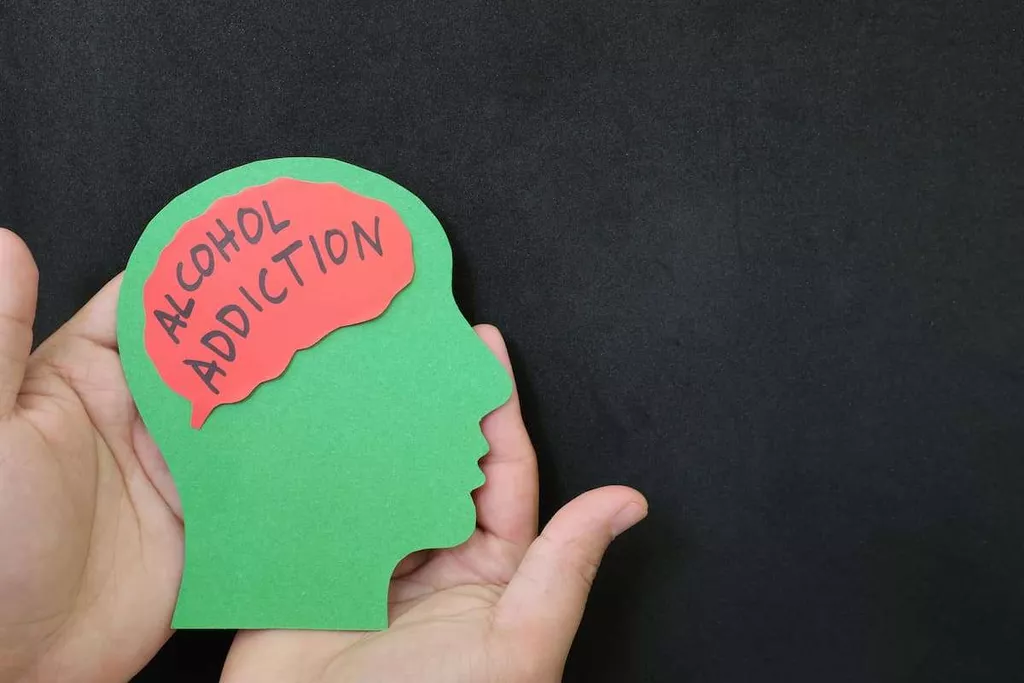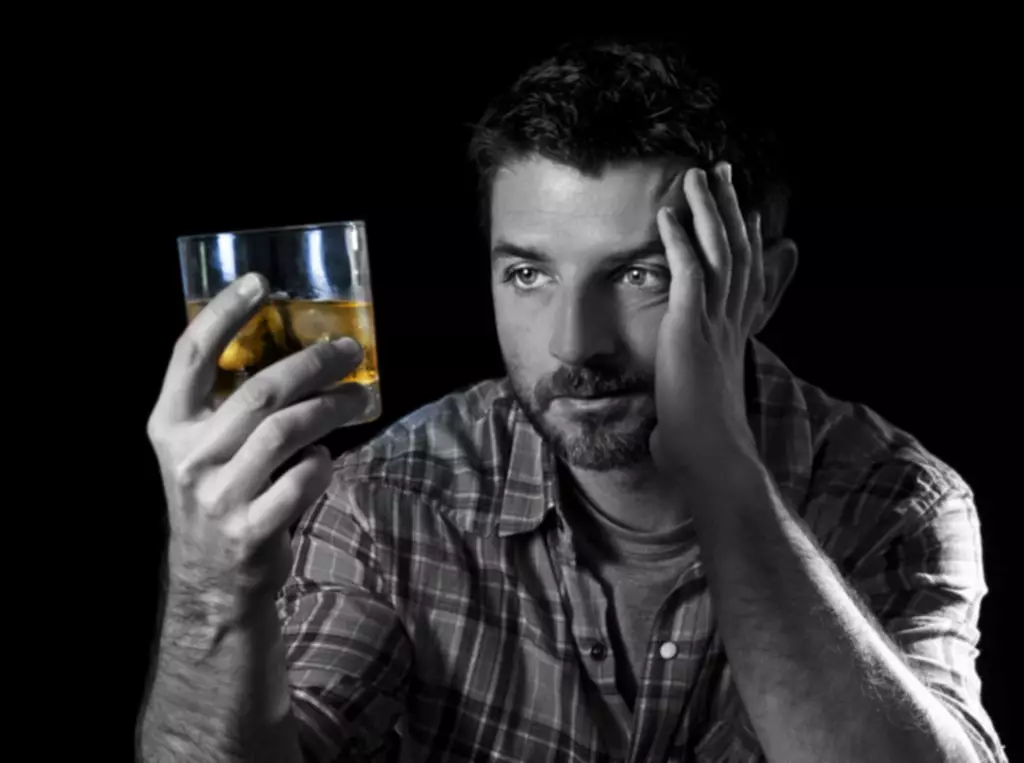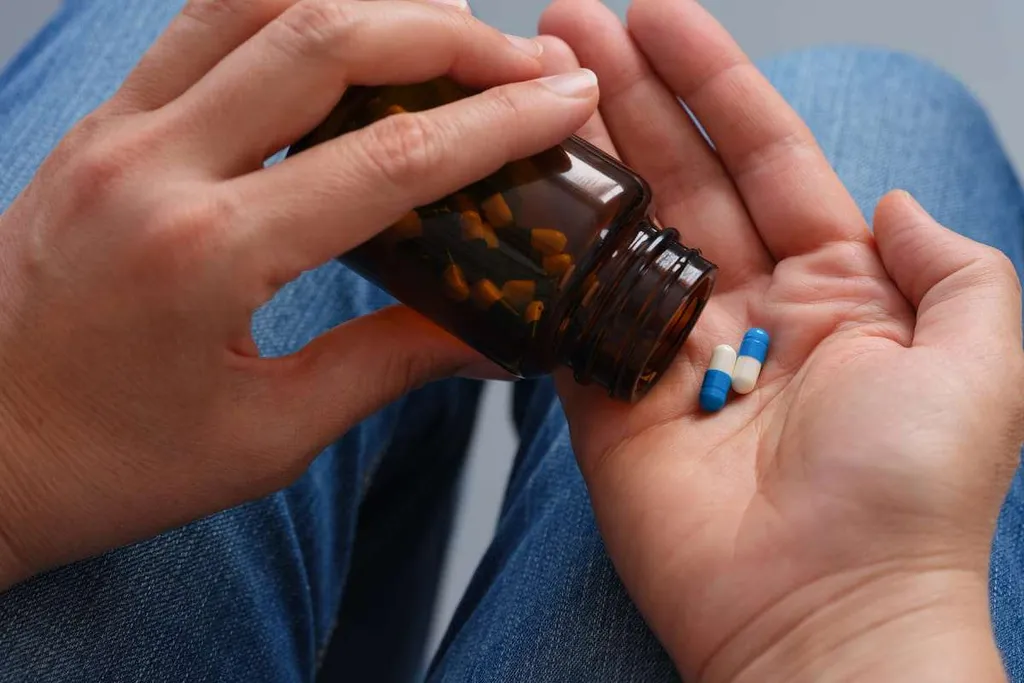What Does Being Drunk Feel Like?

It is colorless, clear, and produced through the process of Sobriety fermentation. But how can this small thing cause such a profound effect on our bodies? Additionally, it depends on your drinking experience and the strength of the alcohol. Tipsy is the feeling of being intoxicated more than just a little, but not yet to the point of being drunk.
- The effects of alcohol can last from a few hours to longer, depending on various factors, including the amount consumed, individual metabolism, and overall health.
- If you’re worried about your alcohol intake and need advice, please reach out to us today.
- When the concentration of alcohol begins to increase in your bloodstream, you’ll start to feel good.
- These risks can have immediate and severe consequences, including legal issues and physical harm.
- Those around the person will likely notice that they are visibly drunk.
Alcohol Addiction

These stages are closely linked to the individual’s BAC, which measures the amount of alcohol in the bloodstream. When alcohol enters the bloodstream, it travels to the brain, where it affects neurotransmitters—chemical messengers that transmit signals between nerve cells. The primary neurotransmitters influenced by alcohol are gamma-aminobutyric acid (GABA) and glutamate.
Symptoms of Being Drunk and Overdrinking

Some of these signs include being very more self-confident than usual, leading them to do things they don’t usually do. People in the drunk groups were observed to be more extroverted than those in the sober groups, with observers using a system that measures five factors of personality. They also found—though less conclusively—that drunk people seemed less neurotic. But in the three other areas studied—conscientiousness, openness, and agreeableness—the observers didn’t notice any difference. It is important to be mindful of your body’s reaction to alcohol when drinking, and always drink responsibly. Many people who have a low tolerance to alcohol can become noticeably drunk after only one drink.
California RBS Alcohol Training (On-Premise)

When alcohol impairs our ability to think and reason and also lowers our inhibitions, it can cause us to say things we would not ordinarily say or to say things that are not true. This causes the body to release endorphins, which are the feel-good chemical messengers in the brain linked to pleasure and stress reduction. Arrange for transportation to and from wherever you are drinking, make sure you have a place to stay the night, and ensure you or a friend is always keeping an eye on how much you’re drinking. To see what happens in the inebriated brain, researchers gave willing participants alcohol via IV lines while they lay down inside fMRI neuroimaging scanners. But as they consumed their vodka cranberry drinks, their expressions changed.
- But most importantly, if you feel unwell, it’s important to seek medical attention as your health is more important than anything else.
- The blood alcohol content when a person is tipsy is between 0.03 and 0.12 percent.
- This impairment can lead to risky behaviors or poor judgment during social interactions while under the influence of alcohol.
- This rise and fall of our spirits corresponds with the rise and fall of our blood alcohol levels.
Altered Mood and Emotional Swings

When tipsy, a person feels uplifted, relaxed and experiences subtle changes in thinking, behavior and coordination. Being tipsy is the first stage of alcohol intoxication, typically occurring after one or two drinks, depending on factors like body weight and tolerance. At this stage, alcohol has entered the bloodstream and begins to affect the central nervous system, leading to a light buzz and the release of endorphins. This results in a sense of happiness and relaxation, making the person feel more social, talkative, and confident. Mild physical effects, such as a warming sensation or light-headedness, may also occur, though the person may not yet recognize they are becoming intoxicated. Feeling tipsy involves noticeable cognitive, behavioral, and motor impairments from early alcohol intoxication.
However, the social context can also contribute to risky behaviors, such as binge drinking or drinking and driving. Understanding the influence of social settings on drinking behavior is crucial for promoting healthier drinking habits. They don’t feel any pain if they what does being tipsy feel like are injured, but because of the high alcohol level in their bloodstream, their nerves would be weakened and numb. They experience a blackout afterward and don’t recall what took place. And lastly, they lack understanding of what is happening around them. With too much alcohol in the system, a drunk person can experience symptoms like dehydration, seizures, and vomiting.
- Some people feel euphoric and carefree, while others may become emotional or even aggressive.
- Over time, excessive alcohol use can cause liver health problems such as cirrhosis.
- Long-term risks include liver damage, cardiovascular disease, and mental health disorders.
- These include auto accidents, among other unthinkable situations.







